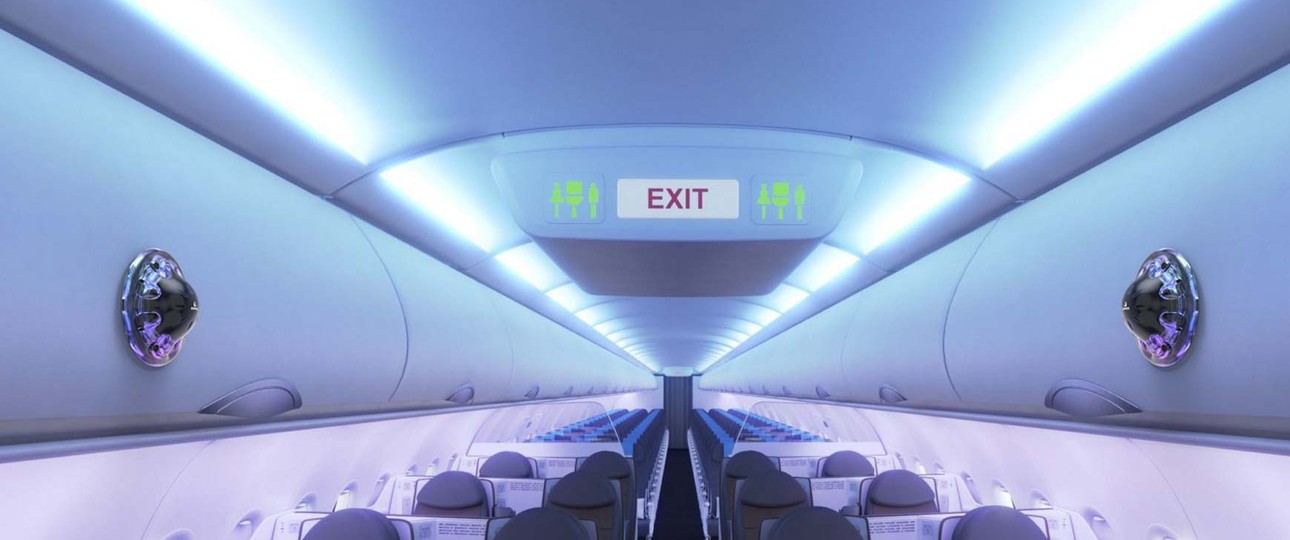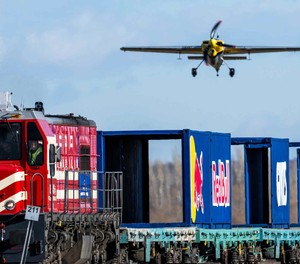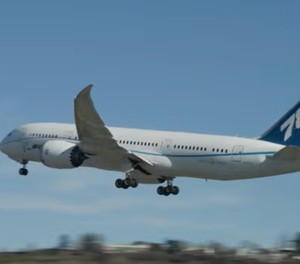When it comes to smells, we miss out a lot. A human nose has about 25 million olfactory cells. In dogs, there are about 250 million. When it comes to tracking down drugs, explosives or missing persons, security forces rely on specially trained four-legged friends for good reason - even at airports.
With the support of Airbus, the American start-up Koniku is working on an electronic alternative to sniffer dogs. The companies are developing a device that can also detect explosives by smell and is also to be used in aircraft.
Wetware instead of hardware
Technically such an odour detection system is still a novelty. Previous technologies do not even begin to reach human levels. Instead of using hardware and software, the developers at Koniku want to achieve a breakthrough with so-called wetware. The term is derived from the English term wet and can best be described as "wet computers".
Traditional computers transmit electrical impulses through semiconductors. Wetware systems, on the other hand, exchange information with bioelectrical and chemical signals, as in living beings, explains the portal Heise. In contrast to classical bionics, natural components are not imitated by artificial ones, but are incorporated into the technology.
«What we do is we take biological cells [...] and genetically modify them so that they have olfactory receptors,» Koniku founder Oshiorenoya Agabi told the Financial Times newspaper. The olfactory cells are modified so that they generate an alarm signal when certain odours are detected.
The physicist founded the startup in 2015 and Airbus has been working on the project since 2017. The aircraft manufacturer provides knowledge from the field of sensor integration, as well as about safety procedures in aviation.
Airbus initially planned to use the technology in aircraft cabins and airports to detect chemicals and explosives. For this purpose, the hemispherical devices with the circumference of a vinyl record are to be installed in cabins and terminals. In view of the Covid 19 pandemic, Airbus and Koniku now see the technology as a further field of activity.
In a statement on Monday (May, 4), the manufacturer announced that from now on the development of odour detectors will also include the «recognition of biological hazards». The devices are intended to detect molecular structures that can produce viruses in the body odour of sick people. However, it is unlikely that this technology will be ready for market launch before a corona vaccine is developed.
First tests before the end of this year
It is not yet clear when the explosive sensors will be introduced to the market and used in aviation. According to Airbus, first tests are to start next fall.












